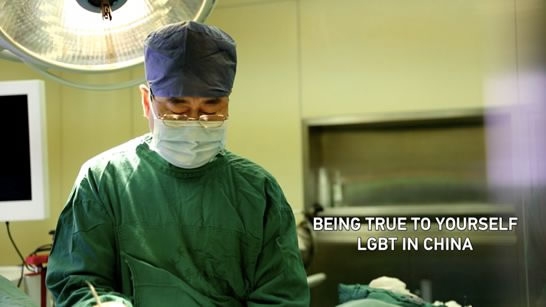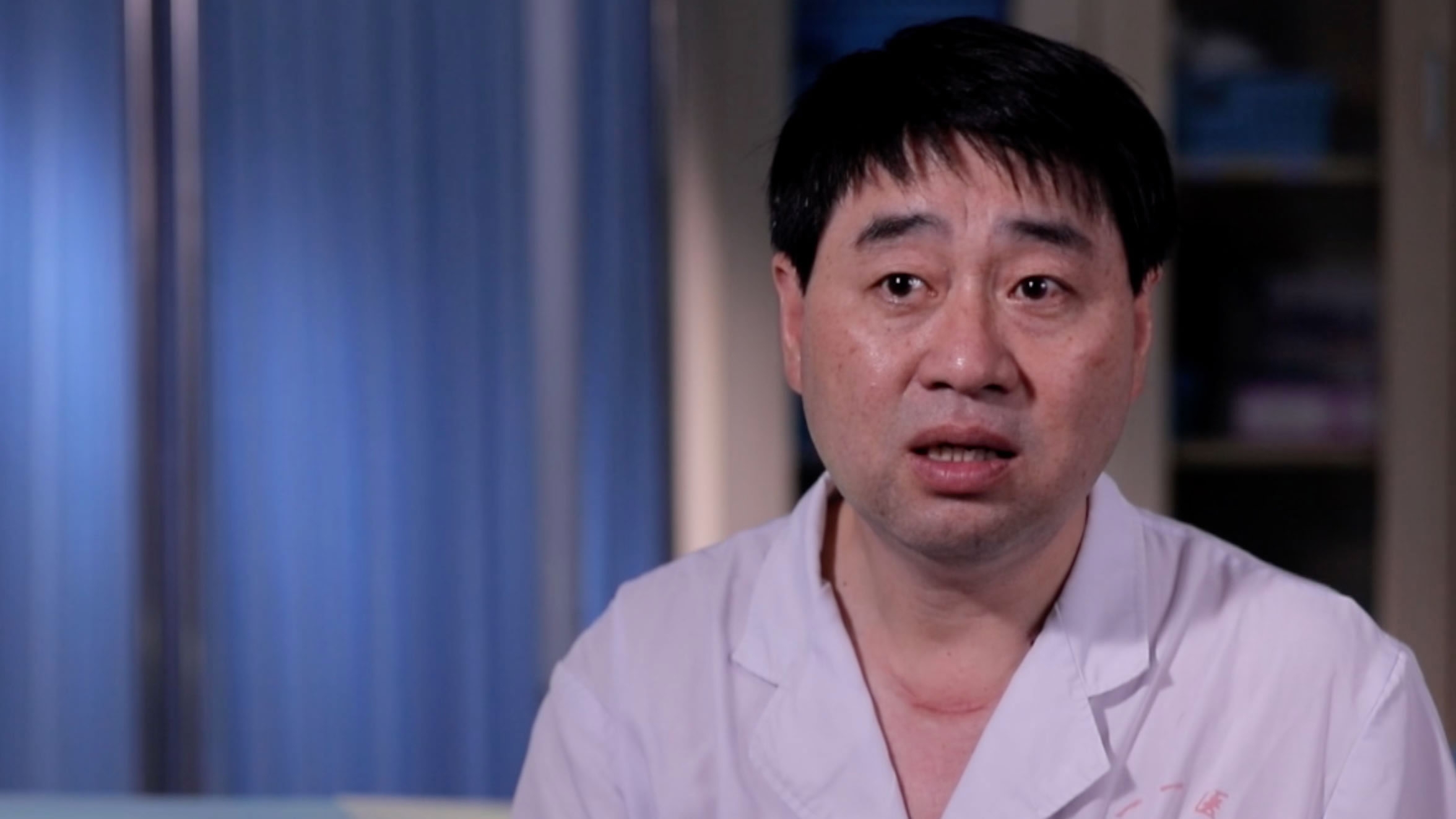
China
15:18, 01-Feb-2018
Being true to yourself: LGBT in China
CGTN

By Cao Xi
Zhao Yede is a Shanghai-based doctor who specializes in sex reassignment surgery. He’s very proud of his work, as he believes he’s helping people to improve the quality of their lives. He does this by performing physical adjustments to ensure that a patient’s body is more in tune with his or her emotional characteristics. He argues that whether we think of ourselves as a man or a woman is dependent on directives from the brain. “Everything is dependent on these directives,” he says. In the case of transgender people, he explains: “For them, there’s a directive anomaly. It’s not something you can change.”
Besides the physical benefits of the surgery, there are obvious psychological ones, too. “When they’re diagnosed at a young age they develop an inferiority complex,” Dr. Zhao says. “Why? Because there are things, they are afraid to do. So imagine university, this wonderful time of learning and gaining experience. But because of their gender confusion, they’re afraid to face it. If the family is supportive and agrees, then I’ll recommend the operation.”

On a busy day, Dr. Zhao conducts between 40 and 50 consultations. With female-to-male reassignment in China now regarded as the best in the world, his patients come not just from every province in the country, but also from all over Asia, including Malaysia, Singapore and Japan.
Along with China’s emergence as a leader in reassignment surgery, attitudes in the country are changing. As one transgender patient says: “When I was young everything was so hush-hush. Nobody talked about it. It was not reported in the news. Now in newspapers, the news, we are talking about it. This country is getting better.”
However, traditional values still have a powerful influence in China, and there is some way to go before transgender people are fully accepted in society. But this does not deter those eager to undergo sex reassignment. As Dr. Zhao explains, his patients are, “…the only patients who enter the operating theatre with a smile. Other patients are afraid, worried, fearful. Our patients… go in very happy with a big smile on their face. Why? They’ve been waiting for this day their whole life.”
Rediscovering China is a 30-minute feature program offering in-depth reports on the major issues facing China today. It airs on Sunday at 10.30 a.m. BJT (02.30 GMT), with a rebroadcast at 11.30 p.m. (15.30 GMT), as well as on Monday at 8.30 a.m. (00.30 GMT) and Friday at 1.30 p.m. (05.30 GMT).

SITEMAP
Copyright © 2018 CGTN. Beijing ICP prepared NO.16065310-3
Copyright © 2018 CGTN. Beijing ICP prepared NO.16065310-3